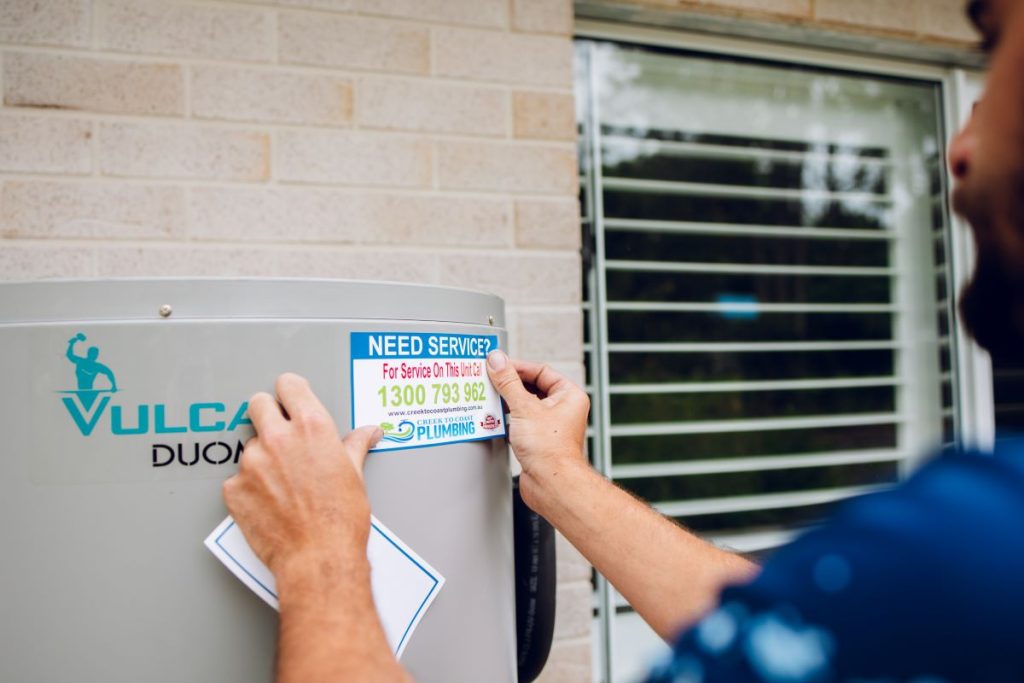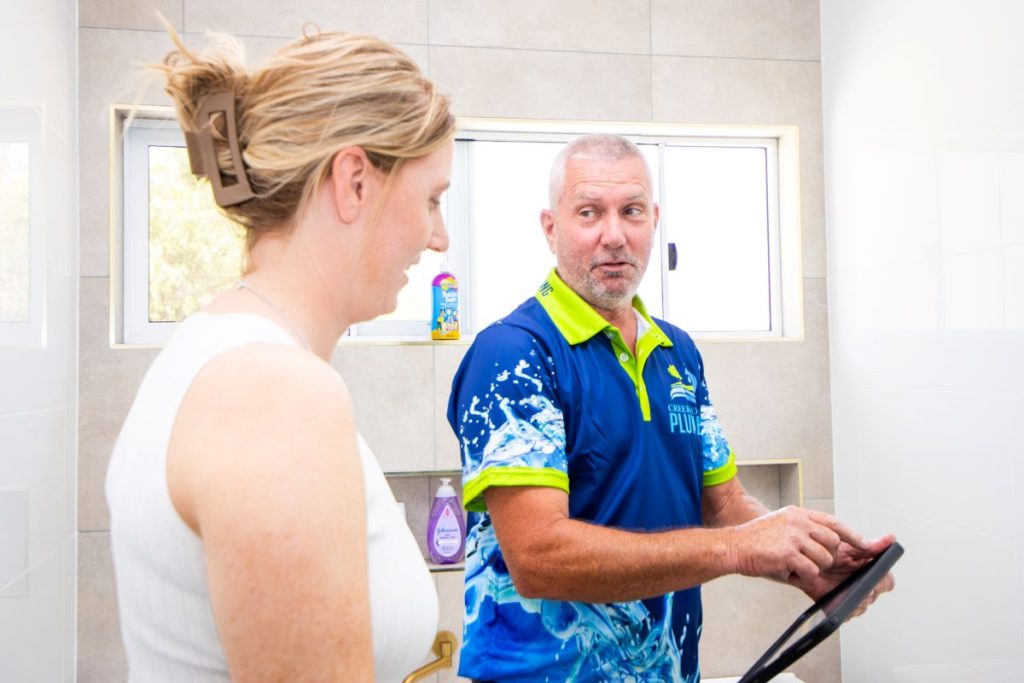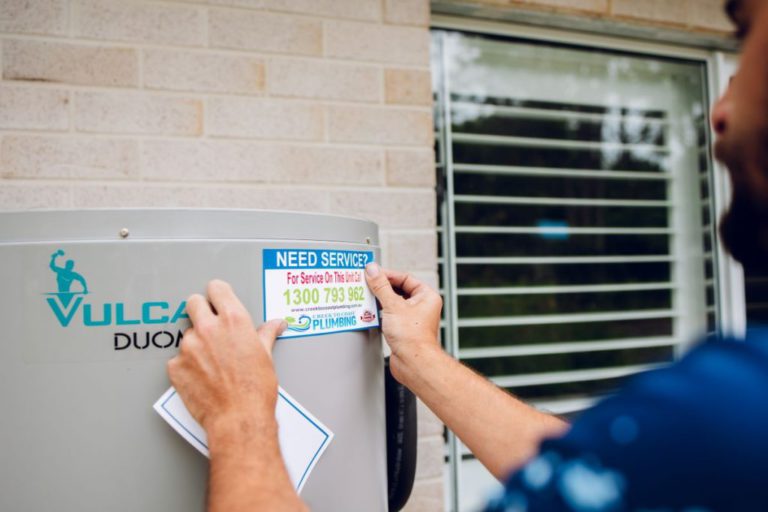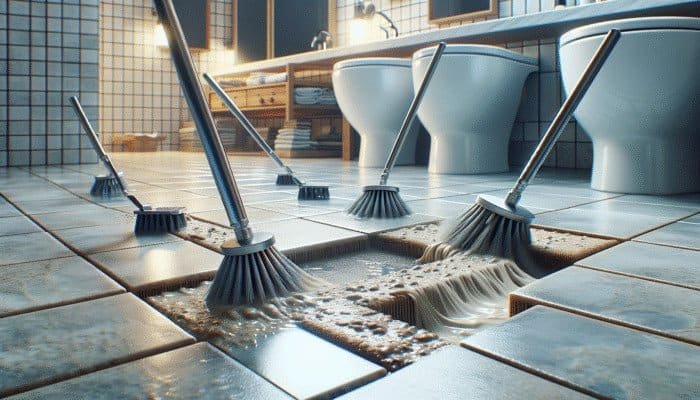Hot water systems operate continuously behind the scenes, ensuring you have access to hot water whenever needed. However, like all household appliances, these systems have a finite operational lifespan. Understanding the warning signs that suggest your hot water system may need replacing is crucial. This knowledge can help you avoid uncomfortable situations, such as unexpected cold showers, potential water damage to your home, and costly emergency repairs that could disrupt your daily life.
What is the typical lifespan of a hot water system? The lifespan of these systems can differ greatly depending on the specific type you own and the level of maintenance you provide. By conducting regular inspections and taking proper care of your system, you can significantly prolong its lifespan and maintain optimal performance.
Let’s explore the specifics to gain a clearer understanding.

Understanding the Lifespan of Various Hot Water Systems
Here’s what you can generally expect regarding the lifespan and performance of the most common hot water systems in Queensland homes:
Electric Storage Hot Water Systems: Lifespan and Maintenance
- Lifespan: 8–12 years
- Reasons for Failure: Common issues include internal corrosion, degraded anode rods, and sediment accumulation, which can impair performance.
- Signs to Monitor: Watch for rusty or discoloured water, leaks around the unit’s base, or prolonged heating times, all of which indicate potential underlying issues.
Gas Storage Hot Water Systems: Key Insights
- Lifespan: 8–12 years
- Reasons for Failure: Similar to electric systems, these units may fail prematurely, especially in coastal areas with salty air.
- Signs to Monitor: Look out for pilot light malfunctions, lower water temperatures, or unusually high gas bills, which can indicate inefficiency.
Instant Gas Hot Water Systems (Continuous Flow): Performance Overview
- Lifespan: 10–15 years
- Reasons for Longevity: With no storage tank, these systems are less prone to corrosion, leading to fewer failures over time.
- Signs to Monitor: Be vigilant for erratic water temperatures, ignition failures, or a noticeable drop in water flow, which may signal the need for servicing.
Electric Instant Hot Water Systems: Common Issues and Lifespan
- Lifespan: 10–15 years
- Common Issues: Failures often arise from malfunctioning heating elements or thermostats, which can lead to compromised performance.
- Warning Signs: If your water fluctuates between hot and cold or takes longer to heat, these could indicate underlying problems that need addressing.
Heat Pump Hot Water Systems: Efficiency and Lifespan
- Lifespan: 10–15 years
- Efficiency: These systems are highly energy-efficient but can be sensitive to climate and installation location, which affects their overall performance.
- Signs of Trouble: Indicators of potential issues include excessive noise during operation, extended heating cycles, or rising energy bills, all signalling the need for inspection.
Solar Hot Water Systems: Lifespan and Performance Monitoring
- Lifespan: 15–20+ years for solar panels, 8–12 years for the storage tank
- Note: Typically, the storage tanks wear out before the solar collectors, impacting the overall system performance.
- Signs to Monitor: Be alert if water fails to heat adequately on cloudy days, or if you notice rusty water or issues with booster operations.

Identifying the Warning Signs of a Failing Hot Water System
Even before your hot water system reaches its expected lifespan, it may start to show signs of distress. Recognizing these warning signs early can save you from bigger problems. Common issues to look for include:
- Fluctuating Temperatures
If your water takes longer to heat or runs out faster than before, it might be time to investigate the system’s health. - Rusty or Discoloured Water
This often signals corrosion within the tank or a failing anode rod, both requiring immediate attention to prevent further damage to the system. - Unusual Noises
Popping, gurgling, or banging sounds during heating cycles usually indicate sediment buildup inside the tank, which can compromise efficiency. - Leaks or Pooling Water
Even a small drip can suggest that your tank may be cracking or that valves are starting to fail, necessitating prompt inspection. - Higher Energy Bills
An ageing unit often struggles to produce adequate hot water, forcing it to work harder, which results in increased energy costs.
Understanding How Seasonal Changes Affect Hot Water System Performance
In Queensland, the transition from warm to cooler months can present significant challenges for older hot water systems. As outdoor temperatures drop, these systems must work harder to maintain the desired water temperature. Those nearing the end of their operational lifespan might even experience complete failure during this crucial period.
Recognising the Right Time for Hot Water System Replacement
If your system shows any of the following characteristics, it may be an opportune moment to think about replacement:
- Over 10 years old
- Frequently experiencing breakdowns
- Failing to meet your household’s hot water demands
- Exhibiting visible signs of wear or corrosion
If you notice these indicators, it could be the ideal time for an upgrade.
At Creek to Coast Plumbing, we don’t just replace your unit; we also assess various factors such as your family size, water usage habits, energy preferences, and the layout of your property. This comprehensive evaluation ensures we recommend the most efficient and cost-effective hot water system tailored specifically to your needs.

Choosing the Right Hot Water System for Your Unique Household Needs
Depending on your specific needs and household requirements, our expert team may recommend:
- Electric or Gas Storage systems, known for their reliability and cost-effectiveness, are particularly suitable for traditional homes.
- Continuous Flow (Instant) systems, ideal for smaller homes or households with lower hot water consumption, providing hot water on demand.
- Heat Pumps that offer substantial energy savings, especially beneficial in warmer climates, helping reduce your energy bills.
- Solar Hot Water systems, designed for long-term cost savings and environmental sustainability, promoting a greener lifestyle.
Moreover, we evaluate whether the current location of your hot water system is optimal or if relocating it could improve performance and boost overall efficiency.
Seize the Opportunity to Upgrade Your Hot Water System
Replacing your hot water system at the right time is not merely about preventing system failure; it also offers a chance to upgrade to a more reliable, energy-efficient model that aligns better with your lifestyle and needs.
If your unit is displaying signs of ageing or if you are unsure which system would be best for your home, the licensed plumbers at Creek to Coast Plumbing are here to provide expert assistance tailored to your specific circumstances.
The Article: Hot Water System Lifespan: A Guide for Queensland Homes first appeared on https://writebuff.com
The Article Hot Water System Lifespan Guide for Queensland Homes Was Found On https://limitsofstrategy.com




